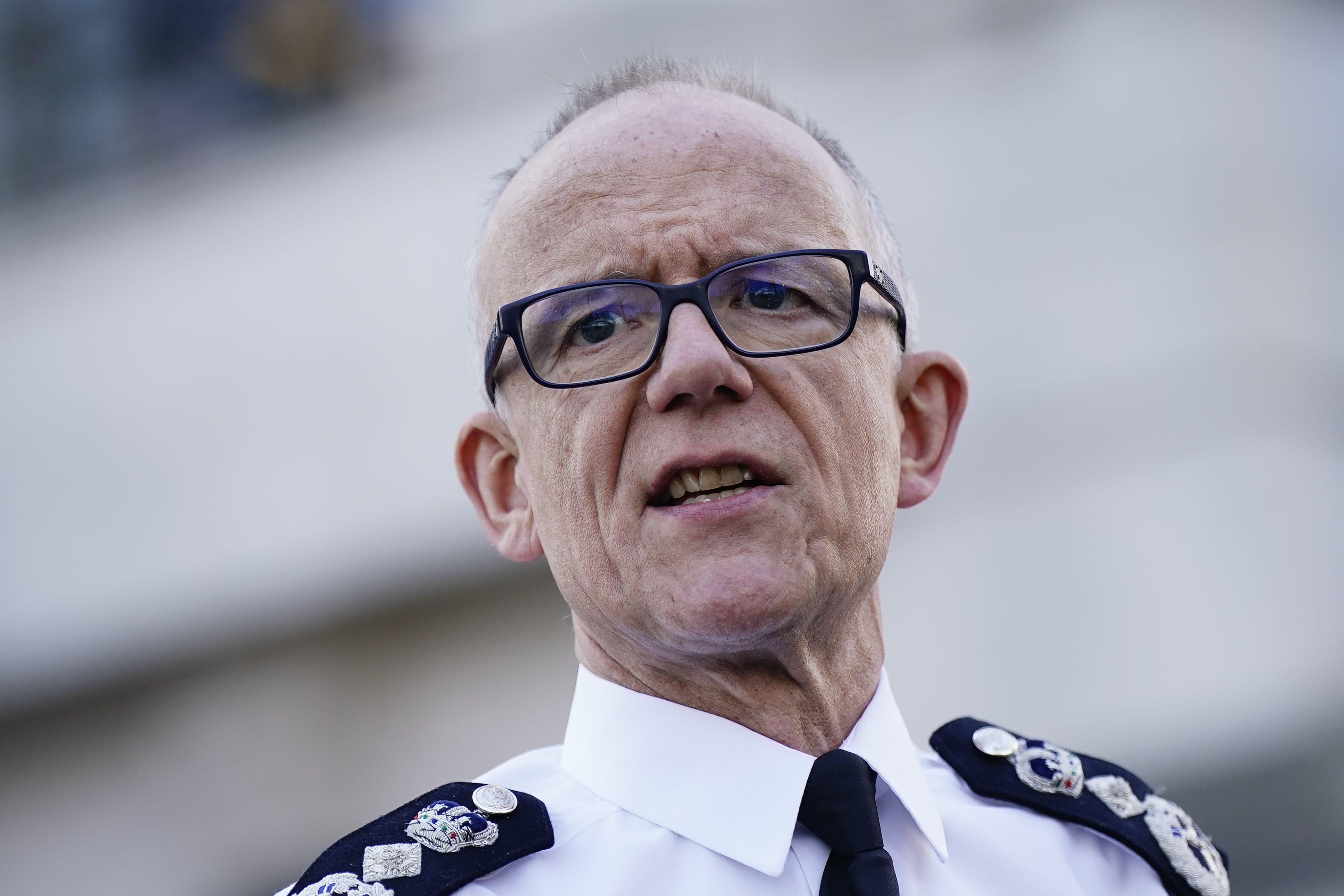Why the Met shouldn’t stop responding to mental health 999 calls
Critics say a decision to have a blanket ban on police response could endanger the safety of some of the most vulnerable in our society


With a significant amount of police resources being spent on responding to mental health call outs, health and crime leaders have known for a long time that something would have to give.
Just last year, during a ride out with London Ambulance Service, The Independent witnessed the moment six police officers were called out to help one mental health patient. On the same day, we visited an A&E with several police officers who had spent almost an entire shift there with patients.
In a report in February, NHS leaders in London warned mental health demand was “impacting London’s ambulance service and police services”. It said that, on average, 385 London Ambulance Service calls a day – around 13 per cent – are linked to mental health crises, while a further 200 calls are made to the Metropolitan Police.
It is an issue that both the NHS and police forces have grappled with for decades. But it was recently brought back into the spotlight when it was revealed Sir Mark Rowley, commissioner of the Metropolitan Police, had written to health leaders, warning the force will stop sending officers to attend thousands of 999 calls about mental health incidents. The ban will only be waived if a threat to life is feared.
Overall, the idea behind seemed to have been welcomed by the NHS. The move is designed to free up officers to spend more time on their core roles, rather than dealing with patients in need of medical help from experts – who are better placed to deal with these situations in the first place.
However, the very short and hard deadline appears to have blindsided many and there is a concern that healthcare services cannot possibly set up an appropriate response that will keep vulnerable individuals safe within three months.
Gaps in mental health provision are clearly affecting police resources, with Rowley noting the considerable amount of time taken up by such incidents. He also insisted that the current set up means authorities are “collectively failing patients”. It is widely accepted that the involvement of police in mental health crisis situations can in fact make matters worse for that patient.
However, critics say a decision to have a blanket ban on police response could endanger the safety of some of the most vulnerable in our society. The basic fact is that NHS services in London – already under extreme pressure, particularly post-Covid – are simply not ready to take on the extra workload.
Although the level of resources required needed to bridge the gap is unclear, London NHS services will have just three months to try and address a gap in provision which would ordinarily take years to build and require significant investment.
Health leaders, alerted to the plans on 24 May, say that understanding the extent of this gap in provision simply won’t be possible ahead of the August deadline.
The move by Scotland Yard follows the rollout of a similar policy by Humberside Police in 2020 called Right Care Right Person, which sees mental health professionals dealing with calls.
An inspection by His Majesty’s Inspectorate of Constabulary, Fire and Rescue Services in November found the switch had saved the force – which has mental health workers from the charity Mind in the force control room – 1,100 police hours per month.
But it’s also worth nothing that evaluations of the Humberside model don’t reflect on how it affected patients. Although the work may have considerably reduced police callouts, we don’t know whether it has had a similarly positive impact on patients.
It also appears to be unclear, perhaps to the untrained eye, as to which incident or events would meet the exceptions, something which surely will be another complex issue for police to navigate.
But there is a silver lining. If the Met somehow rows back on a hard stop in August, it could be that it focuses the government’s mind on bolstering NHS mental health care – something which is desperately needed.
However, there is a real concern that the Met’s move has paved the way for other forces to quickly follow suit. What that will mean for patient care is something which may be learnt the hard way.
Join our commenting forum
Join thought-provoking conversations, follow other Independent readers and see their replies
Comments
Bookmark popover
Removed from bookmarks